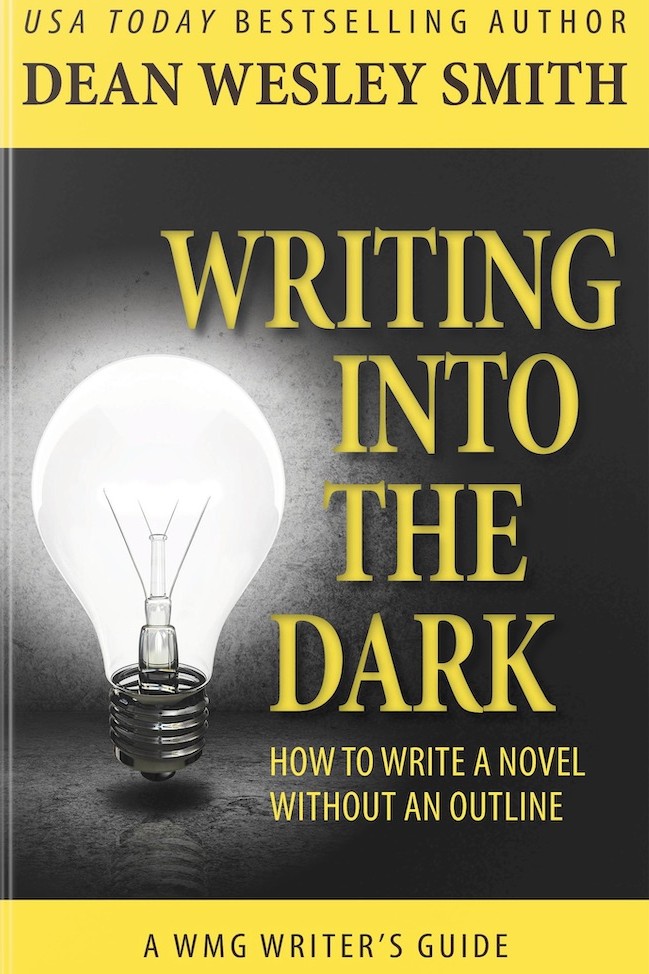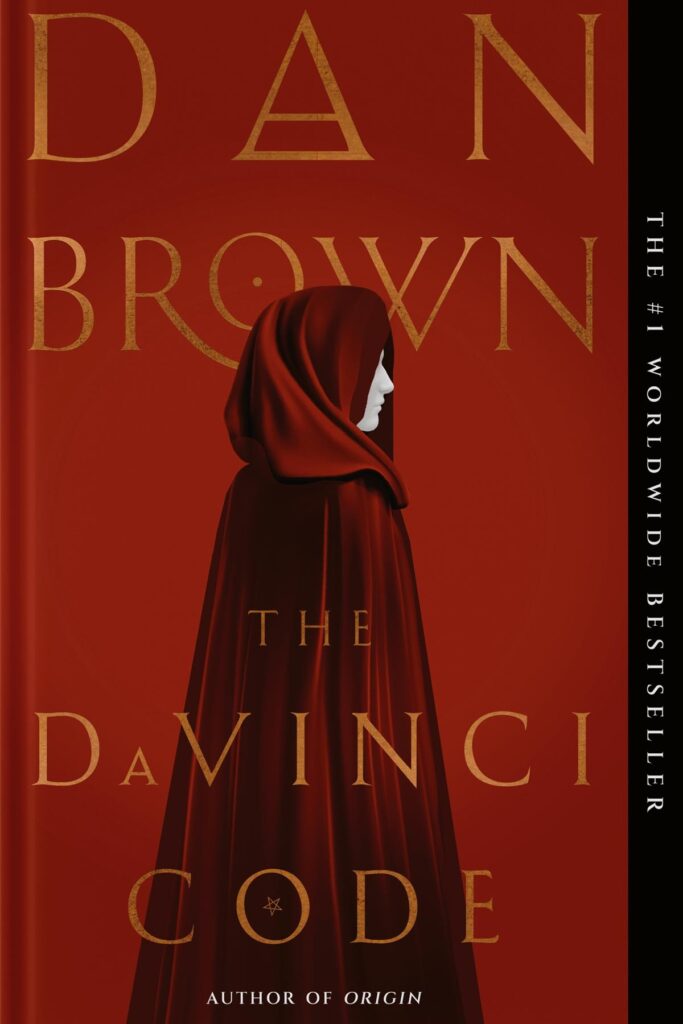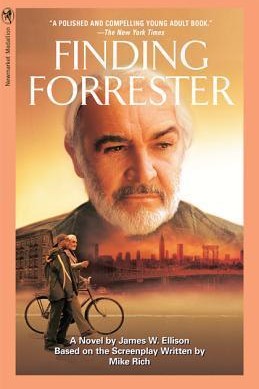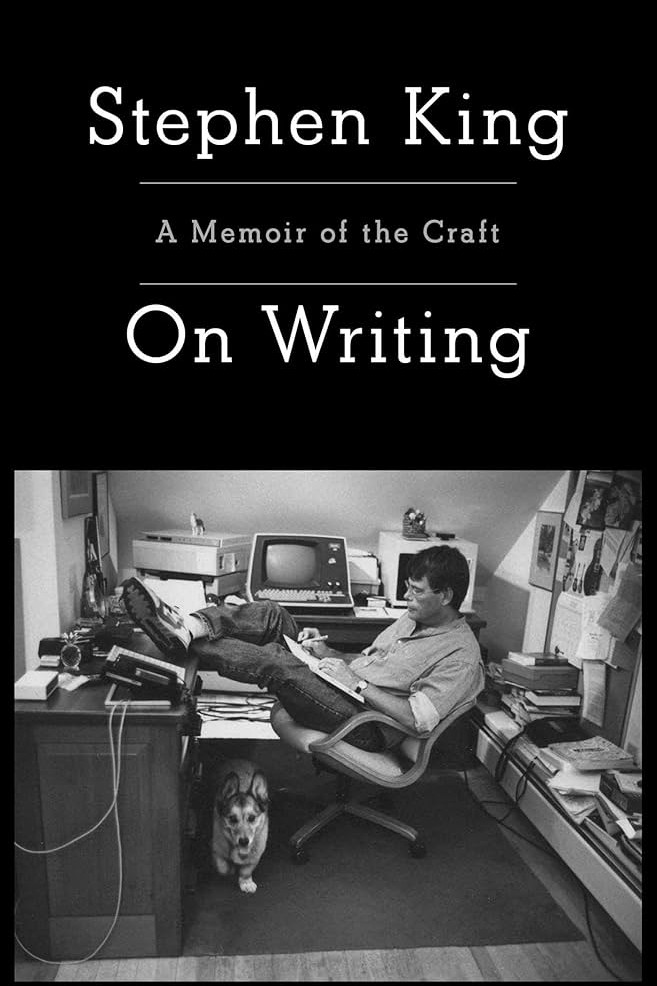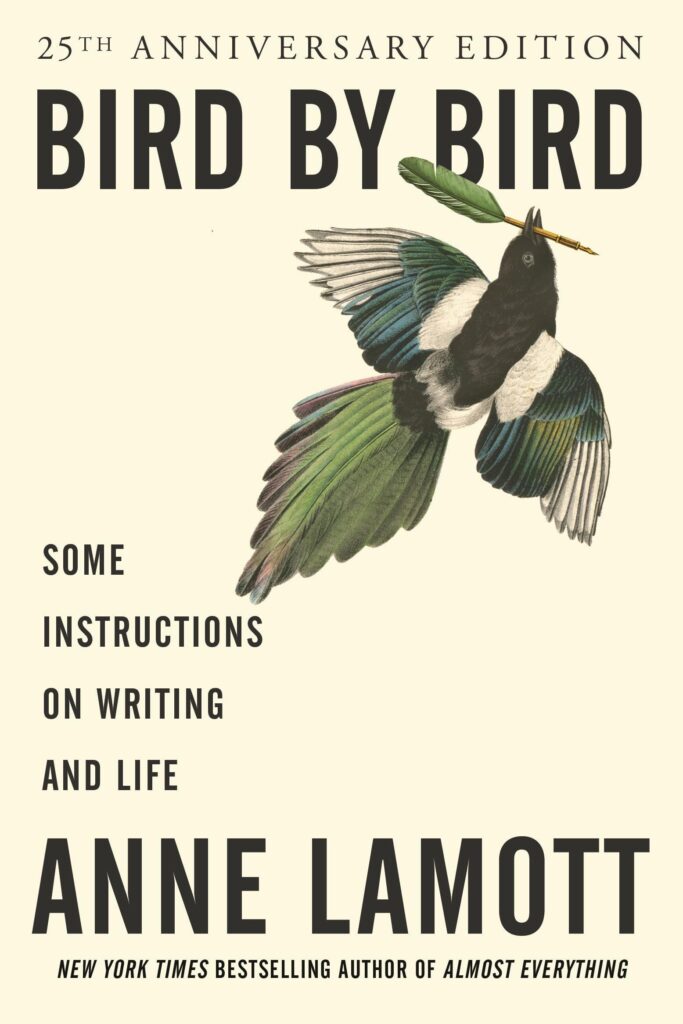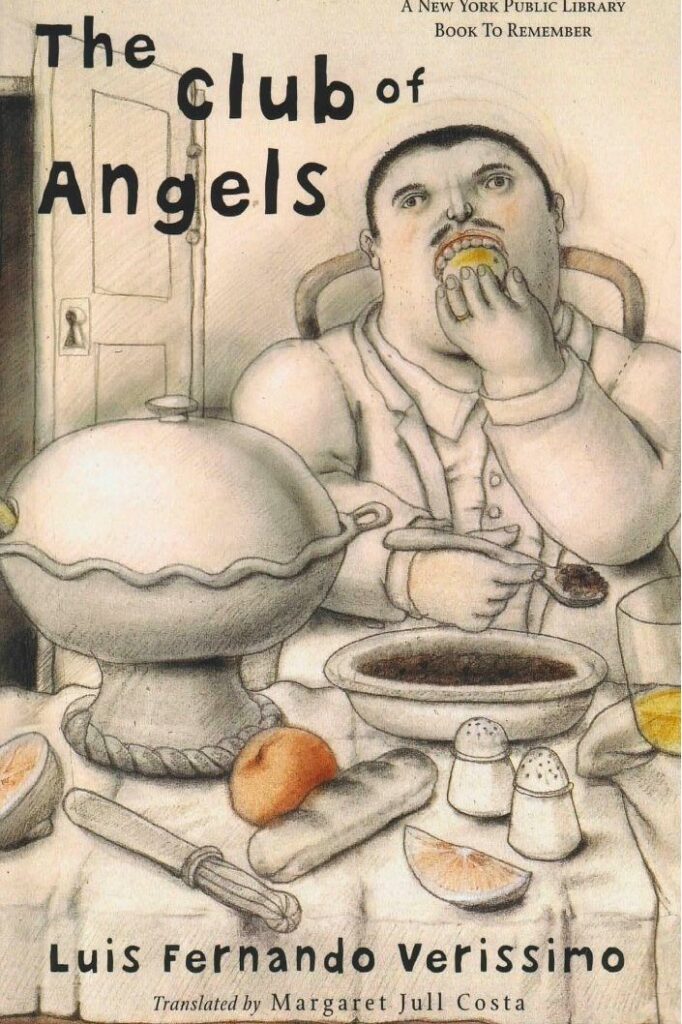As a process, writing a story involves many steps, during which the writer plays different and well-defined roles, each with its own appropriate moment.
For some people, writing may be painful because they’re unfamiliar with the roles or don’t know how to use them effectively. Often, we sit in front of the computer and try to start a story. But to build something, you may need more than just the idea in your head: you’ll need a blueprint and other elements. Also, you need to make sure things turn out as they’re meant to, to fulfil your vision.
Different theories use different names for a writer’s roles. We’ll use Researcher, Planner, Writer, and Editor as the core roles in the writing process; and Manager and Promoter as additional roles that, while not new, have become far more relevant in recent years.
Apps and Books Mentioned in This Article
(Affiliate links may earn us a small commission, but not always. The price stays the same for you in any case.)
Researcher – Gathering Ideas for Your Book
The Researcher is like a prospector whose responsibility is to gather the gems that will build your books. While we take on the role of the prospector, pen and paper, or note-taking apps like Notion, Google Keep, or Apple Notes are our tools.
A good prospector will never let a good idea go. Always carry those tools, so you can capture them as soon as they appear. When something interesting comes up, it should be jotted down immediately, as memory isn’t always reliable.
Whenever you bump into something interesting, funny, emotional, curious, or witty, write it down. But let’s face it, it’s no good to collect ideas and leave them around in loose notes – it’s essential to organise them, so you can decide what fits the book you’re planning to write.
Set a schedule to compile your notes – whether it’s every night or once a week – and find the sorting method that works for you. It can be physical notebooks, binders, or digital files, such as Scrivener.
In addition to real-life observations – or if you’re unable or unwilling to go out – watching movies and reading books are another excellent way to add data to your research. Movies and books are like case studies. Observe how the author structured the story, how the dialogue flows, how the characters are portrayed, and everything else that catches your eye.
How much research you need will depend on many factors. The first is the genre your story belongs to. Historical fiction and science fiction usually require a significant amount of research to make their plots convincing.
The themes you’re exploring may also call for research. If your story starts from a mental image – like those of Haruki Murakami – and is highly intuitive and introspective, you may not need any research. All the material to build the story is already inside your head. On the other hand, if you want to tell something you are not familiar with, formal research – in addition to life observation – is mandatory.
Set a deadline for your research and then go back to your organised notes. You will find a treasure trove of material to produce texts and books to make the best pirate and author green with envy.
Planner – Structuring Your Story Before You Write
Your second role as a writer is the Planner. In this step, you will sort through the gathered material to choose the ideas or information that will be developed in your project. The Planner chooses the best gems for the work at hand and comes up with the structure for the final piece.
It’s not the Planner’s function to create the story, only the structure for it. If the piece is a novel, the Planner comes up with a synopsis for the story, the chapter division, and what each chapter will contain.
‘Plotters’ or ‘architects’ will say that until you have a clearly defined writing plan, you must stay in the Planner’s role. Only move to the next phase when you have a harmonious and consistent structure. However, not everyone agrees with that.
In his book Writing into the Dark, Dean Wesley Smith advises against upfront outlining. His pre-writing planning is minimal and typically limited to having a general story idea or premise; sometimes knowing the opening scene or situation; and having a sense of the main character – and absolutely no detailed plotting or scene-by-scene planning.
Another ‘pantser’ – an author who does not plan or plot their novels extensively in advance – is Stephen King, the well-known horror writer. Still, he does slightly more preparation than Smith. He starts with what he calls a ‘situation’ – a general premise or ‘what if’ scenario. He also often knows his main characters before starting and reads the last couple of pages from the previous session to get back into the story’s voice and rhythm.
Unlike the research that may be dismissed if you already have all you need, some planning must take place to effectively fulfil the next role.
Writer – Drafting With Focus and Flow
After you take off the Planner’s hat, you’ll finally put the Writer’s hat on. For most, that’s where the fun begins: when you actually put ideas down on paper.
If you’re a plotter and designed a heavy structure for your novel, you’ll start by studying it. For his intricate plotting in The Da Vinci Code, author Dan Brown created detailed charts, timelines, and visual aids for months before writing.
Writing is like cutting gems. You adapt the material the Planner selected to the story you want to tell. During this time, just write. Pour all your heart and mind onto the page. You may get a lot of low-quality writing at first, but with practice, it will get better.
As the main character of the novel Finding Forrester says, ‘You must write your first draft with your heart’. So, you should do anything that helps you get in the flow – use a typewriter like Danielle Steel, go to a coffee shop, write early in the morning before people get out of bed, or late at night when they’re already tucked under the sheets.
Find when and where you feel most productive and go with it. While the juices are flowing, be the Writer.
Copy Editor – Polishing and Refining Your Work
The Copy Editor’s function is to review and improve the draft produced by the Writer. The Copy Editor revises, restructures, and has the freedom to make changes that better prepare the text for publication. It’s the polishing stage of the cut gem.
Copy editing is a methodical process, but it must be approached with care. If you’re excessively strict, you may end up throwing all your work in the rubbish bin. Conversely, if you’re too loose, the piece may turn out mediocre.
It’s good practice to ‘abandon’ your story for a few days before starting editing. When you switch to the Copy Editor’s role, read the text with the eyes of a reader. Consider whether the arguments are clearly presented, the text has a rhythm and is captivating.
One point that all authors seem to share is the principle that different aspects of the writing and editing steps require different mindsets and must be kept separate – that is, don’t write and edit simultaneously. Finish your draft before starting any editing. However, they have different approaches to when editing should begin.
Stephen King is quite strict about completing the entire first draft before any editing. In On Writing, he advocates for finishing the complete manuscript with ‘the door closed’ before moving to revision. Anne Lamott, on the other hand, takes a more flexible approach. In Bird by Bird, she suggests writers can work section by section, allowing for some editing of completed chapters while continuing to draft new material, as long as the creative and critical functions remain separate.
These are the main roles of a writer. Writers who suffer during the process are often the ones who can’t separate them, letting more than one act at the same time. There are still two more functions a writer needs, not only to finish their book successfully, but also to help it be discovered by readers.
Manager – Setting Deadlines and Staying on Track
The sentence ‘My muse is the deadline’ by Brazilian author Luis Fernando Verissimo (Club of Angels) summarises the fifth role in the writer’s process: the Manager ensures that each of the steps above is completed within a set time frame.
If you don’t establish a delivery time for each phase of the writing process, you risk never getting it done, because you may remain stuck indefinitely on a single stage.
Fear, anxiety, perfectionism, other people, or unexpected obstacles may get in your way, causing delays. Managing your time and environment throughout all phases is essential to reducing risks and reaching your final goal.
Promoter – Getting Your Book to Readers
The sixth and last role is the Promoter. There’s no point producing an excellent piece if nobody knows it exists. You need to publish and make sure people hear about it.
In the past, this work was mainly carried out by the publisher, but these days, attracting the attention of traditional publishers is much harder. Even when they do, authors still need to promote their wonderful books themselves.
The time when authors waited until publication to start talking about their book is also in the past. In the context of social media and indie publishing, some authors start talking about their new project even before writing it, to see whether it sparks interest and engagement.
Talking about social media, they seem to be indispensable and can be genuinely helpful for some authors, but it’s also true that they’re oversaturated and give little to no visibility to small accounts. Word of mouth, in-person promotion, and reaching out to traditional press can still be effective, depending on your market. In any case, having an author website or at least a landing page for your book can also be useful.
For many, this is the most painful role to play. Be consistent, persistent, and patient. If you keep producing and promoting your work, things may happen. If you don’t, there’s no chance. It’s usually a stony road, but it’s worth the journey – there’s a lot to enjoy along the way.
Featured Apps and Books
Writing & Organisation Tools
Note-taking Apps
Books
- Writing into the Dark: How to Write a Novel without an Outline by Dean Wesley Smith (2015)
- The Da Vinci Code by Dan Brown (2003)
- Finding Forrester by James W. Ellison (novel from the movie, 2000)
- On Writing: A Memoir of the Craft by Stephen King (2000)
- Bird by Bird by Anne Lamott (1994)
- The Club of Angels by Luis Fernando Verissimo (1998)
Advertisement: The Best 6″ Colour eReader with Case

